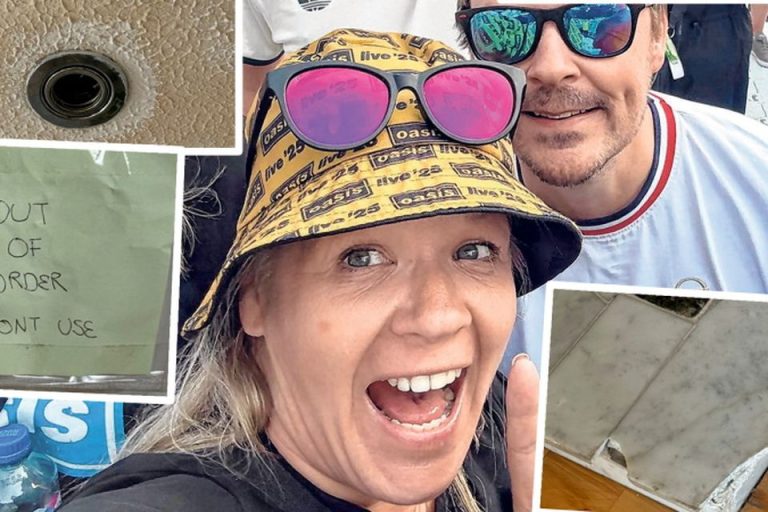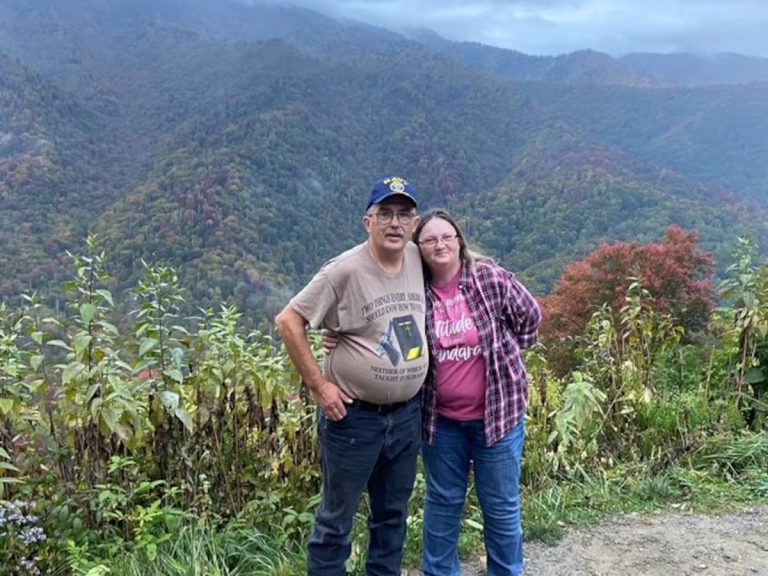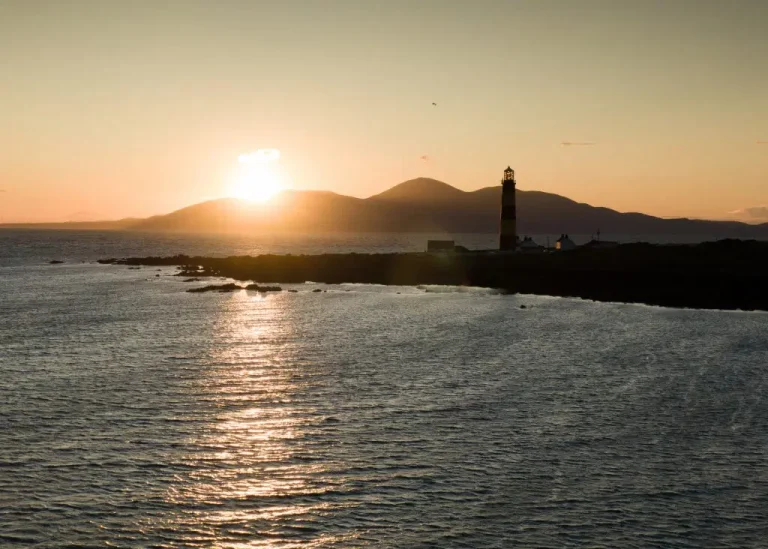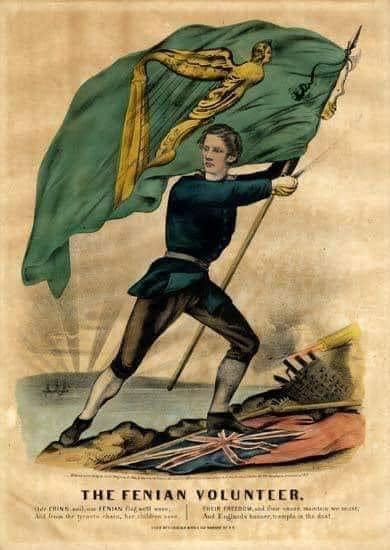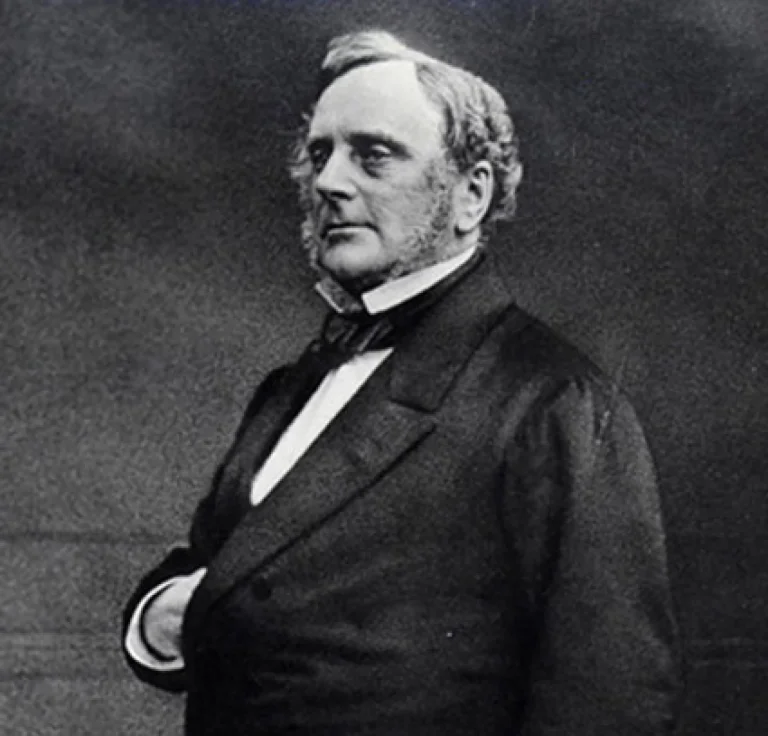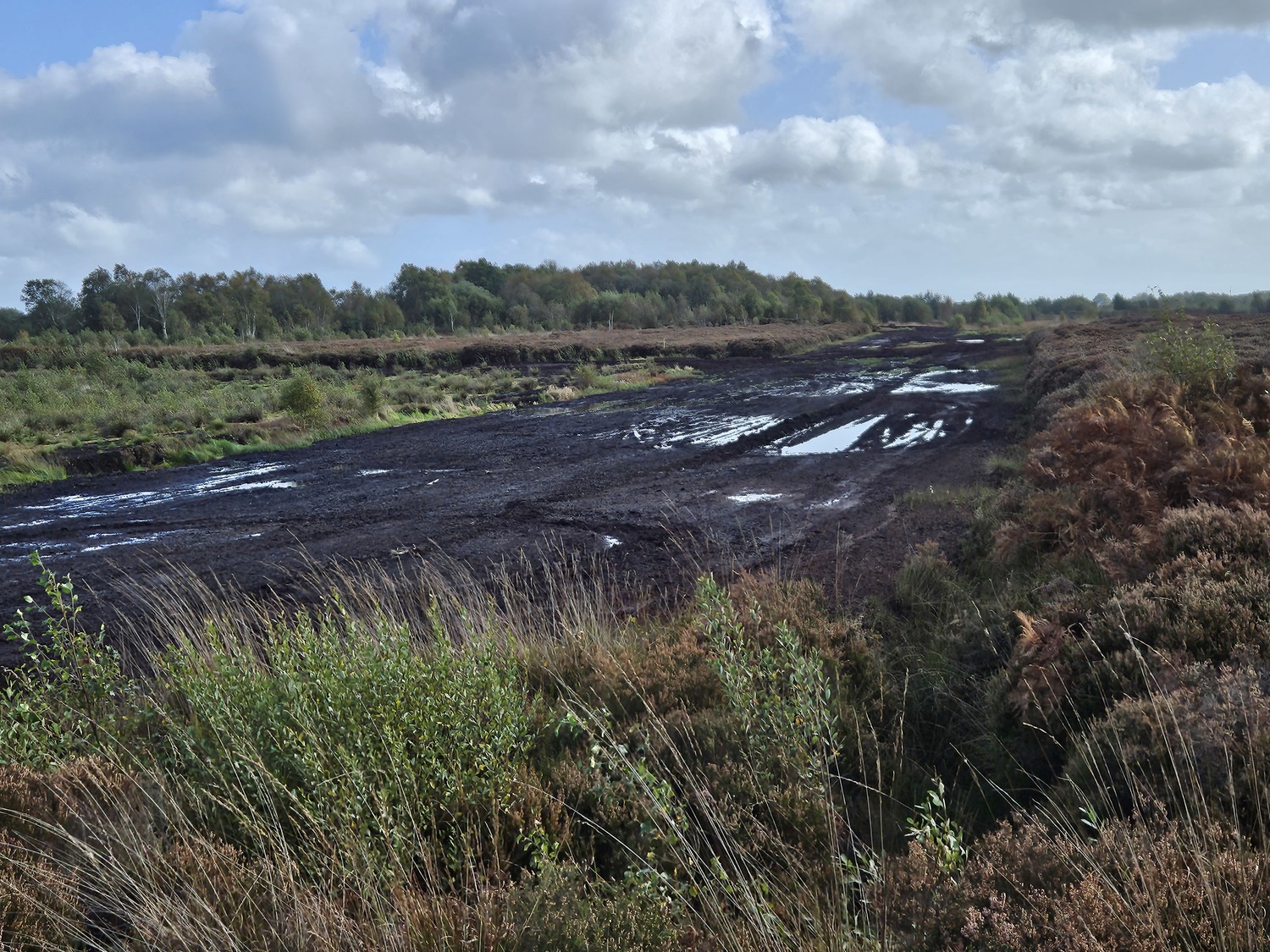
 The Environmental Protection Agency (EPA) has just released its first report on large-scale peat extraction in Ireland, and — predictably — it’s filled with doomsday rhetoric, environmentalist hysteria, and the latest script from the globalist climate cabal.
The Environmental Protection Agency (EPA) has just released its first report on large-scale peat extraction in Ireland, and — predictably — it’s filled with doomsday rhetoric, environmentalist hysteria, and the latest script from the globalist climate cabal.
“Catastrophic damage,” they scream. “Illegal activity,” they warn. Yet not a single mention of the people. Not a single acknowledgment of rural Irish communities whose cultural and economic lifeblood for generations has been the bog — those deep, wet, living landscapes that have warmed homes, boiled kettles, and sustained communities.
Instead, the message is clear: If you cut turf, you’re a criminal. If you burn peat, you’re destroying the planet.
Well, it’s time to push back.
A Sovereign Nation or an Environmental Colony?
Let’s start with the real issue here. Climate change has become the Trojan horse for centralised power — a globalist conjob to guilt nations into surrendering their resources, their rights, and their rural ways of life. In Ireland, it’s being used to demonise turf cutting, criminalise age-old traditions, and hand more control to unelected bureaucrats both at home and in Brussels.
They call it illegal extraction. We call it ancestral inheritance.
The EPA says 300,000 tonnes of peat are being extracted every year, mostly exported for use in horticulture, mushroom farming, and animal bedding — and they’re furious. Why? Because they’ve lost control over it. The same bureaucrats who shut down Bord na Móna and gutted rural employment now want to shut down the independent Irishmen and women who’ve picked up the slack and kept the industry alive.
They claim these operations are unlicensed. But let’s be honest: they don’t care about licenses. They care about submission — submission to planning boards, carbon targets, and the altar of climate extremism. If they really cared about the environment, they wouldn’t have dumped thousands of skilled turf workers into unemployment while importing dirtier fuels from abroad.
Climate Zealotry vs. Irish Reality
Peat isn’t just fuel. It’s heritage. It’s culture. It’s identity. And it’s being sacrificed at the altar of a climate cult that demands blind obedience and offers no alternative.
We’re told our bogs are “carbon sinks” that must be “protected.” Protected for whom? For Brussels? For billionaires buying “green credits” while flying in private jets? Irish people have been the caretakers of these bogs for centuries — long before the EPA existed and long before climate change became a trillion-euro industry.
EPA Director Dr. Tom Ryan paints a grim picture of milled peat at places like the Pass of Kilbride. But what he doesn’t say is that these same lands were once vibrant with activity — communities working the land, earning a living, and keeping the hearths lit in every parish.
Now they’re supposed to sit in silence while faceless bureaucrats shut down tradition in favour of imported alternatives.
It’s not about peat. It’s about power.
Turf is Not a Crime
Let’s get something straight: Irish people should have every right to cut turf. It is a birthright, not a bureaucratic privilege. The idea that you could be fined or even prosecuted for cutting turf on your own land, or burning it to heat your home, is offensive to anyone who believes in property rights, sovereignty, and rural resilience.
The EPA, backed by international pressure, is pushing hard for local councils to ramp up enforcement. They’ve shared aerial photography. They’ve filed intelligence reports. They’ve demanded action.
What they haven’t done? Offered a viable alternative. They haven’t provided sustainable heat sources. They haven’t supported turf cutters with economic incentives. They’ve just criminalised them.
We Need Peat — Whether They Like It or Not
Roscommon–Galway TD Michael Fitzmaurice said it clearly: we need peat, whether we like it or not. Until we find viable alternatives for horticulture, agriculture, and heating — peat is not a luxury. It’s a necessity.
This isn’t about short-term politics. It’s about long-term survival for Ireland’s rural economy. Peat is still needed for mushrooms, for flowers, for fuel — and the demand isn’t going away.
What is going away? Common sense.
Answering the Peat FAQs the Media Won’t Touch
Is peat extraction banned in Ireland?
No, but it has been heavily restricted, regulated, and vilified. Large-scale extraction requires licensing, which the government makes intentionally difficult to obtain.
Why is peat getting banned?
Because global environmental agreements, EU policy, and climate activists have decided that Irish turf is too “dirty.” But they have no issue importing dirtier energy from countries with no environmental oversight.
What are the problems with peat extraction?
The main issues cited are carbon emissions and biodiversity loss. But those arguments ignore centuries of responsible harvesting by local families who lived with the bogs, not against them.
Is it illegal to burn peat in Ireland?
No, but it’s increasingly restricted. Certain urban zones now ban turf fires, and carbon taxes make it financially punishing.
Can you still dig peat?
Yes, but only under increasingly complex rules. Small-scale domestic cutting is still allowed in many areas, but it’s under threat from future bans.
Do people still burn peat in Ireland?
Yes. Especially in rural areas where other heating options are either unavailable or unaffordable. Turf is not just fuel — it’s independence.
Is peat cutting allowed?
It is allowed on a limited scale, particularly for personal use and on certain lands. But environmental policies are designed to squeeze even that out of existence.
Can you still buy peat for the garden?
It’s becoming harder. Retailers are phasing it out due to EU pressures and environmental lobbying. Yet ironically, the same peat is still being exported abroad.
Are peat bogs protected in Ireland?
Many are — designated as Natural Heritage Areas or Special Areas of Conservation. But the concept of “protection” is often used as a weapon against rural livelihoods rather than a balanced stewardship of nature.
Do Irish whiskeys use peat?
Yes. Peat is used in the malting process for some traditional Irish whiskeys, giving them their distinctive smoky flavour. It’s part of our cultural export. And yes — climate zealots want to stop that too.
Final Word: Turf is Freedom
This isn’t just about turf. It’s about the fight for rural Ireland. It’s about the right to heat your home without begging for permission. It’s about saying no to unelected technocrats who want to strip us of tradition and replace it with submission.
If the bogs could speak, they’d echo what every proud Irish turf cutter already knows:
Drill, baby, drill. Cut, baby, cut. Turf is not a crime. Turf is a right.
